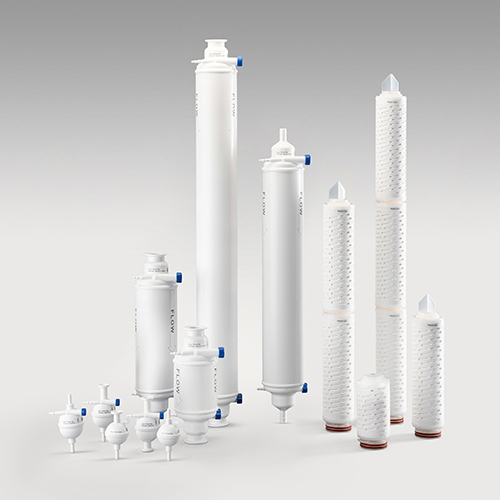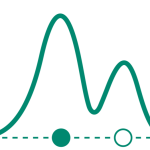
Although bacterial penetration of sterilizing-grade filters rarely occurs, it still remains an industry-wide challenge, with observations that some complex fluids (such as liposomes and emulsions) may lead to an increased incidence of penetration by Brevundimonas diminuta (B. diminuta) (1-4). Due to these observations, we developed several complex surrogate fluids to aid in the development of a new generation of Supor™ Prime filters that have shown improved performance with these challenging fluid types.
The purpose of this study was to evaluate the performance of Supor™ Prime sterilizing-grade filters through bacterial challenge testing, using several complex fluids that represent a higher risk of bacterial penetration.
Supor™ Prime filter discs showed complete bacterial retention at both 0.34 bar (5 psid) and 2.76 bar (40 psid) with the four complex fluid types tested. These were:
- Lipid emulsion.
- Empty lipid nanoparticles.
- DNA-filled nanoparticles.
- Cholesterol-based liposomes.
References
- ISO 13408-2:2018. Aseptic processing of health care products — Part 2: Sterilizing filtration.
- Folmsbee M, Moussourakis M. Sterilizing filtration of liposome and related lipid-containing solutions: enhancing successful filter qualification. PDA J Pharm Sci Technol. 2012 Mar-Apr;66(2):161-7. doi: 10.5731/pdajpst.2012.00771. PMID: 22492601.
- Folmsbee M. Evaluation of the effect of the volume throughput and maximum flux of low-surface-tension fluids on bacterial penetration of 0.2 micron-rated filters during process-specific filter validation testing. PDA J Pharm Sci Technol. 2015 Mar-Apr;69(2):307-16. doi: 10.5731/pdajpst.2015.01026. PMID: 25868996.
- Johnson T, Jones K, Zourna K and Bracewell D. Using 3D imaging to understand sterilizing-grade filtration of liposomes. Bioprocess Int. 2023.





